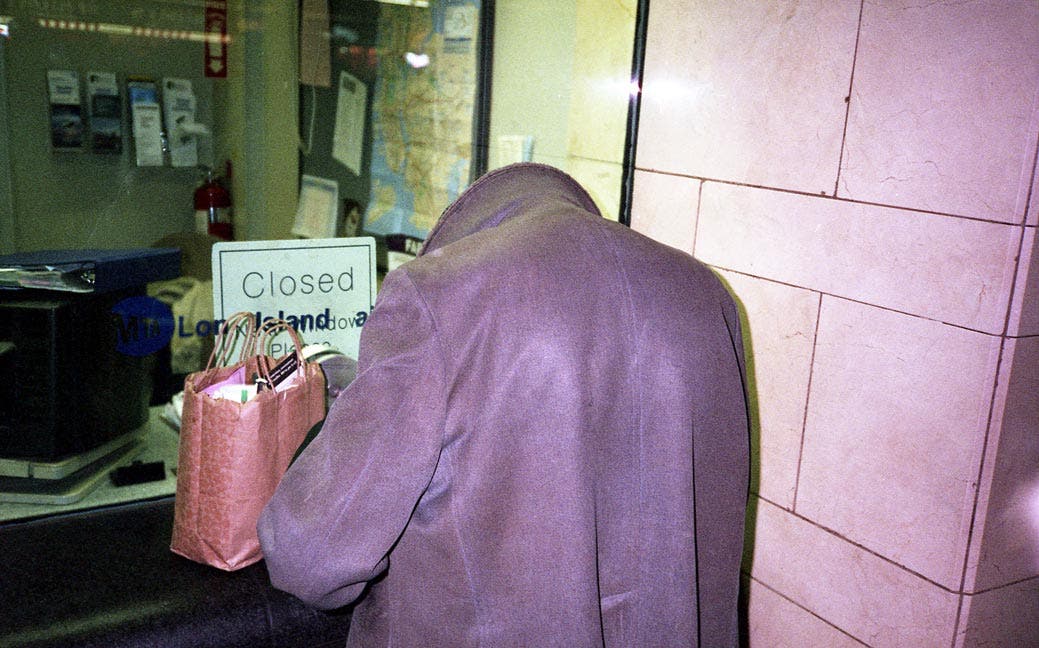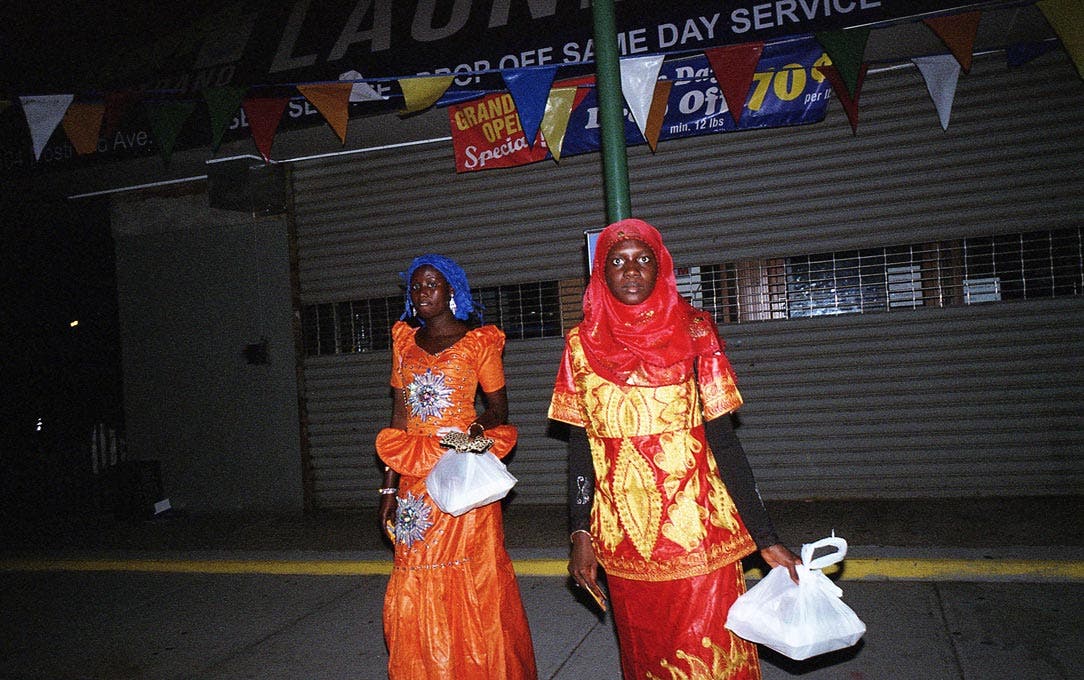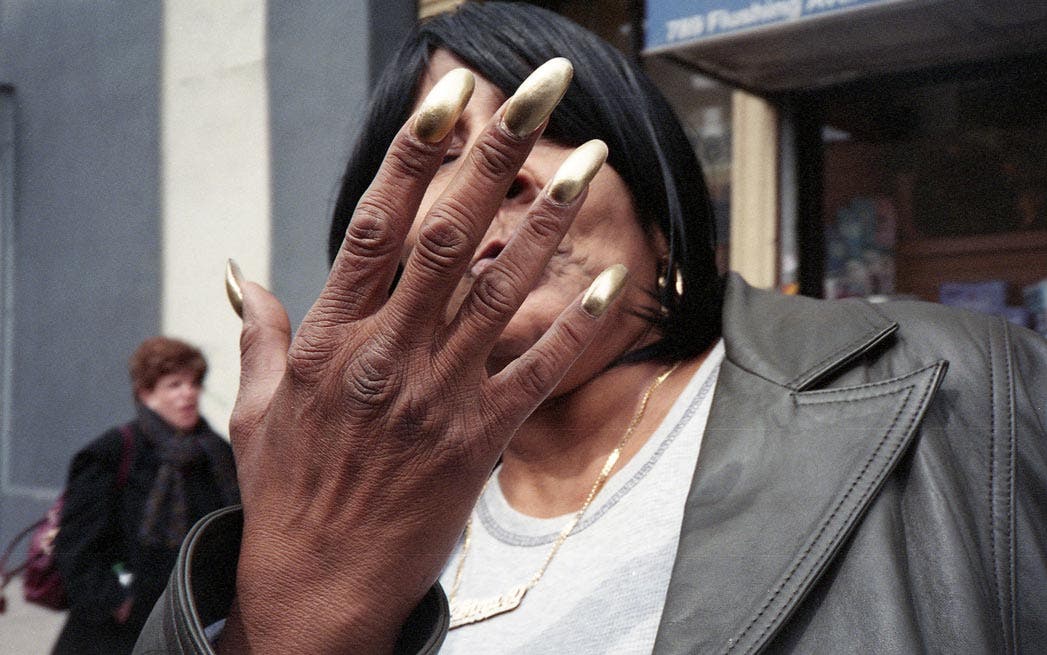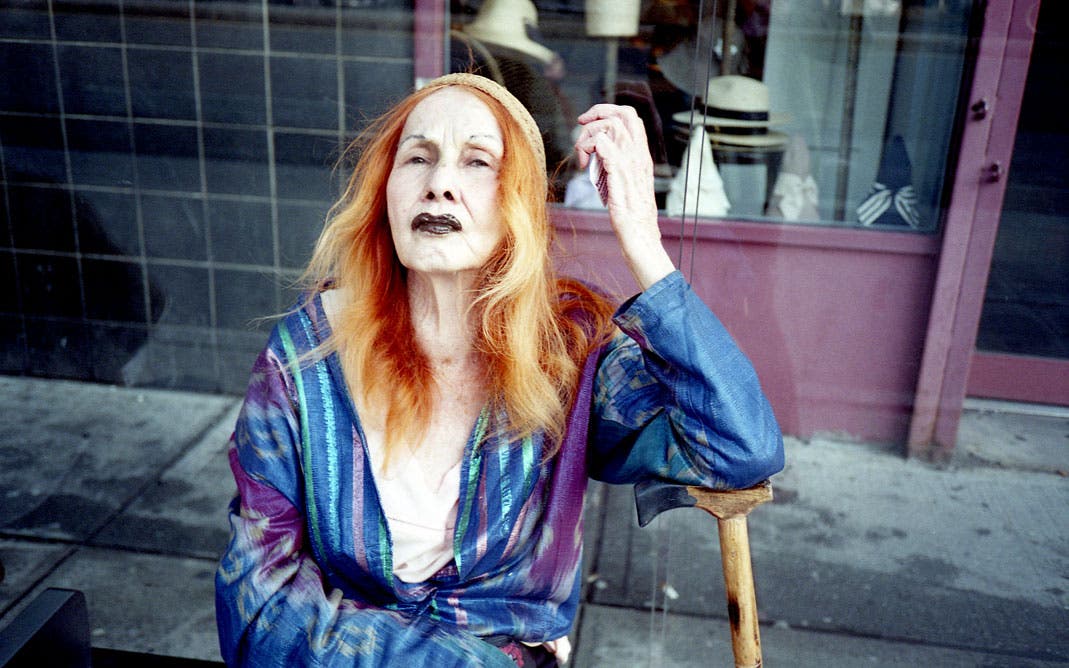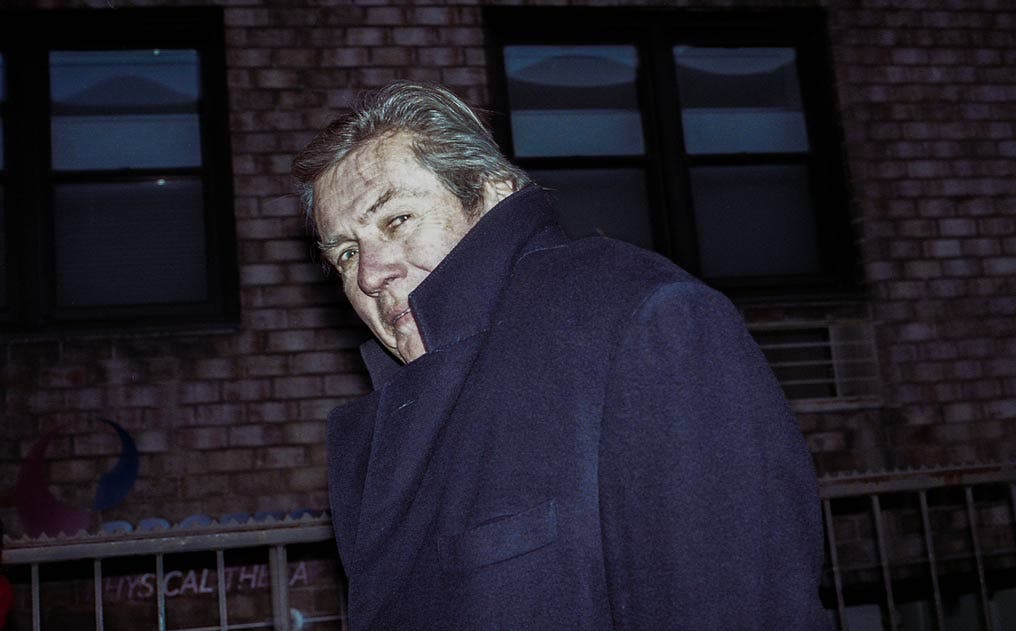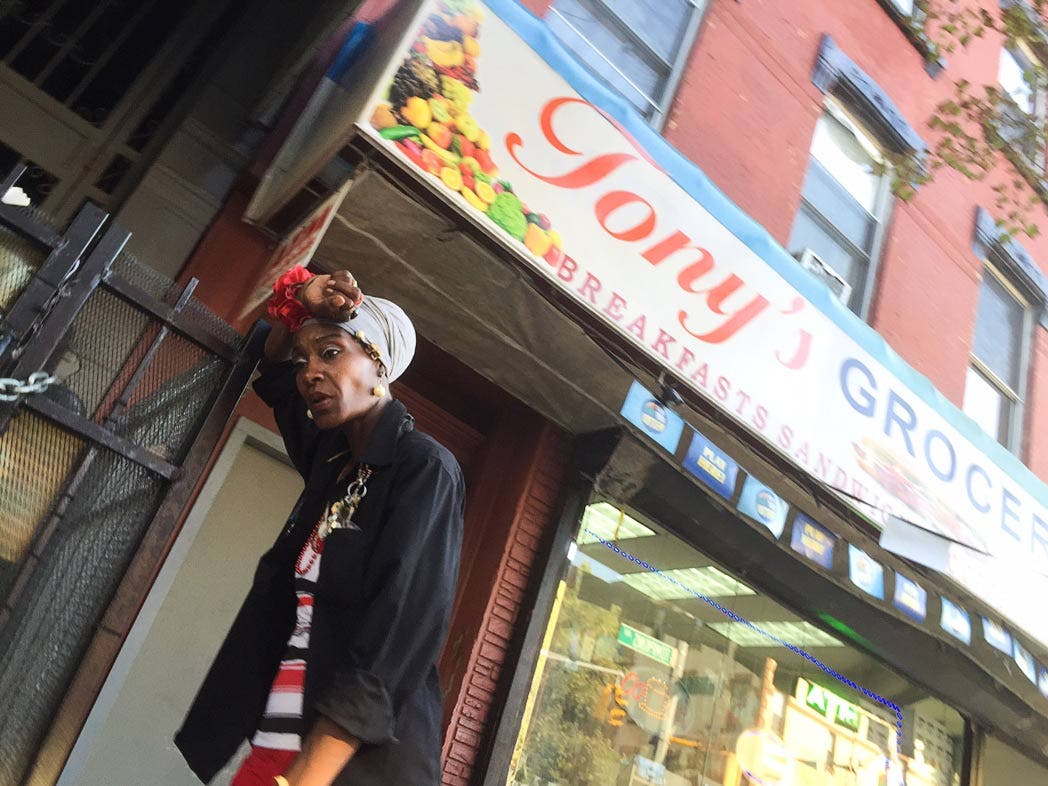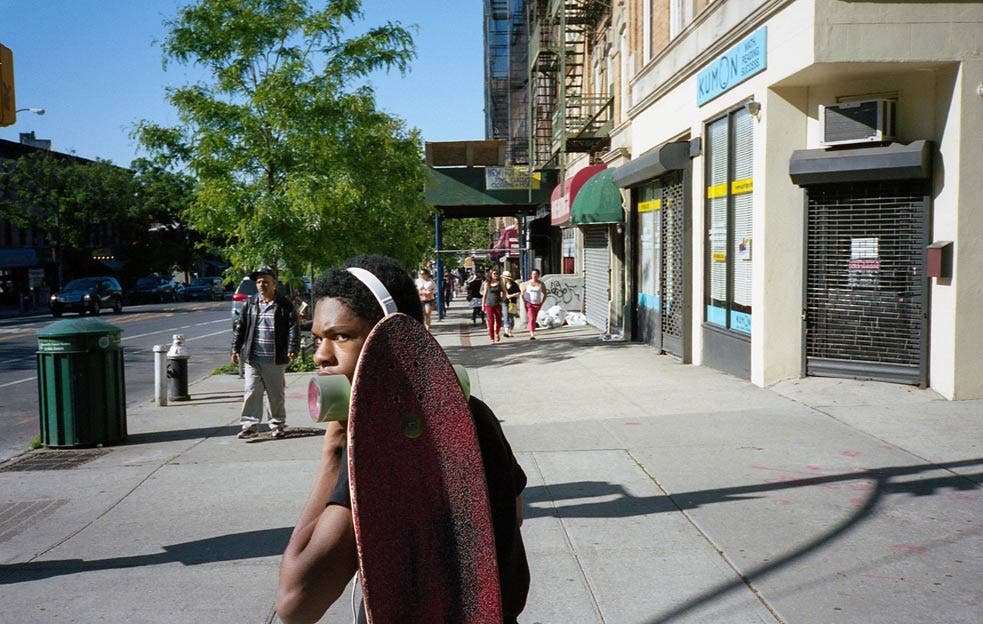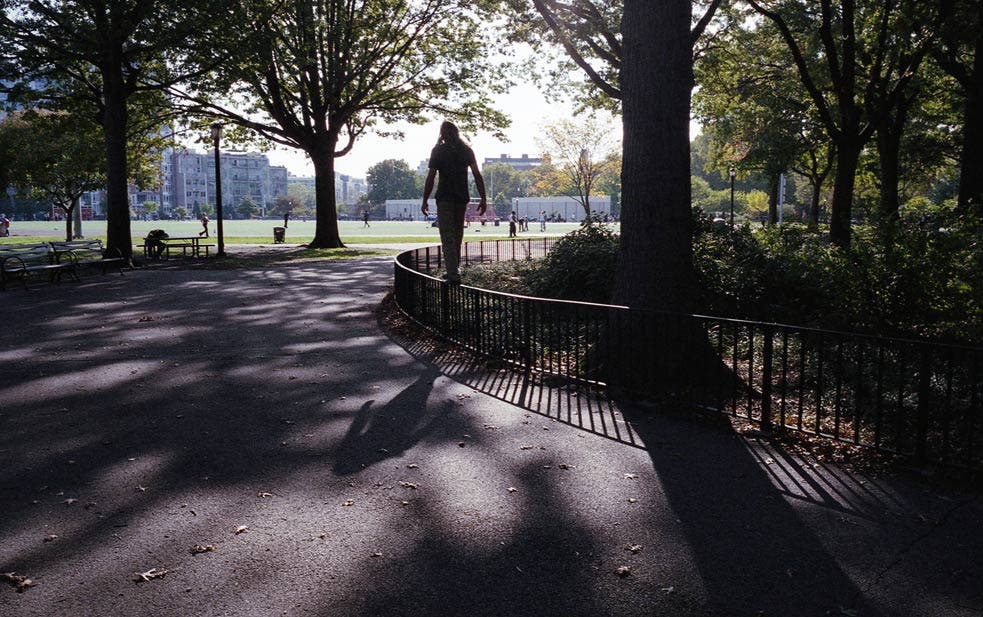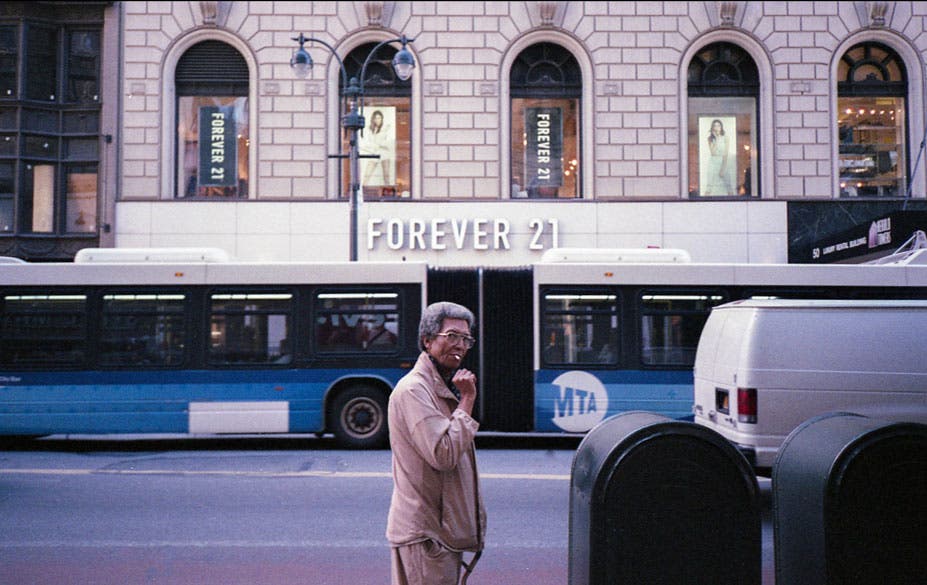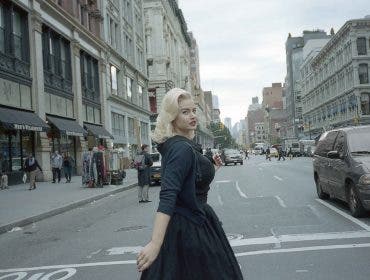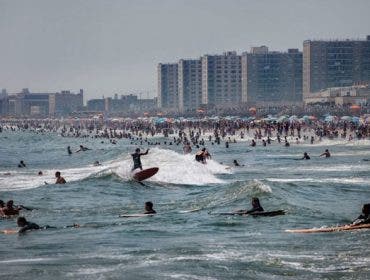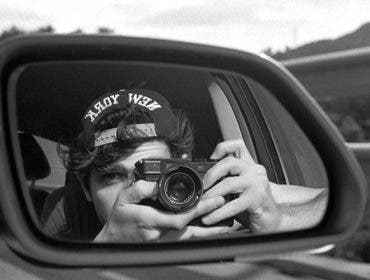
Photos and essay by Martin Cartagena
Instagram: @martin_cartagena
Website: http://www.martincartagena.com/
For as long as I can remember, I’ve thought of myself as a photographer. When I was ten years old, I was given my first 35mm film camera. My aunt gave me her old Minolta X-700 and it changed my life. In the summer of ‘87 my family went on vacation to Washington D.C. and I brought my new camera with me. I remember nothing about this vacation, other than it was during this trip that I became a photographer. Being an only child and feeling like an outsider, the camera was a way for me to be in my head, on my own, and feel good about it. Almost 30 years later, film photography is still as special and magical for me as ever.
I remember the first time I felt compelled to take a photograph. It was of an older businessman taking a nap on a park bench, nothing extraordinary, but to me it felt poignant. An average man during an average moment, and for whatever reason, I felt drawn to it, as if this fellow were a tired, burned-out future me, the everyman. That was almost 15 years ago, and it was soon after that when I first discovered that what I was doing was called street photography. It seems like everyone is a street photographer these days, with people using their phones, film photography making a comeback and the image sites that exist today, it’s easier than ever to take photos and share them with the world, but are all these people “photographers”? I’m not so sure about that. It took me a long time to find my groove, but here I am today, still not too sure about anything at all.
Today, I’m just one of many contemporary street photographers living and shooting in New York City who are following in the footsteps of photographers like Garry Winogrand and Bruce Davidson, setting out everyday trying to find something interesting to photograph in the most interesting of places. It has definitely become a bit of an obsession for me; I now look at everything as if I’m looking through a camera, always on alert and never fully relaxed. Usually something or someone will pique my interest, and I know that there is a good chance for a photo opportunity if I follow that instinct. Sometimes I follow someone for a long period of time, for blocks and blocks, often in the wrong direction or for several train transfers, even exiting the train to keep tailing them. I’ve waited for people to finish shopping or finish eating in a restaurant. I’ve chased buses and cars on foot, sometimes with success and sometimes without. Whatever it takes to get a shot. Sometimes things happen so quickly I don’t remember taking the photo at all, running around, sweating and skirting through crowds and traffic like a crazy person with my heart pounding and my hands shaking. Sometimes nothing happens at all. Street photography isn’t any one thing–it’s everything.
I’m always asked if I ever find myself in crazy run-ins with people, and the answer is yes. I’ve been in some pretty sticky situations, like the time I had a knife pulled on me by a pimp or the time I was chased by a group of homeless men. I have been cursed, punched and spit at. I have had a man try to break into my car with me inside. I have had thugs demand that I erase a photo from my camera–that’s never an easy conversation to have, given that it’s film. I find the touchiest subjects are children, who happen to be one of my favorite subjects to photograph, for all the right reasons of course. There have been some close calls with moms and dads for sure, but mostly I just get the look of confusion from someone who can’t understand why anyone would want to take their picture. Rarely, but sometimes, I resort to using my phone because I’m out of film or I don’t think I could get a moment otherwise.
Since I am a mainly film-shooter in what has become a digital world, I don’t have the immediate gratification of seeing these images until they are processed.The fullness and satisfaction that I feel at the end of a day of shooting is more a result of the human connection that I witness from the sidelines or experience firsthand with my subjects. I don’t go home knowing that I shot an amazing image, because I have no idea what I have until hours, days, or weeks later. And I’m not really interested in which camera anyone uses or if and why they prefer digital or film. I know what works for me and what I like, and I just happen to prefer film. It’s the person behind the camera and what’s in front of them that makes all the difference. I also try not to take it too seriously, even though it’s really important to me. At the end of the day, I’m not covering a war-torn country or attempting to shed light on the human condition. I just want to take good pictures and the pictures will say it all. After all, I’m just an artist and I’m fine with that. Photography is a way for us to see ourselves and others—or to see ourselves in others, and I think that’s pretty important.
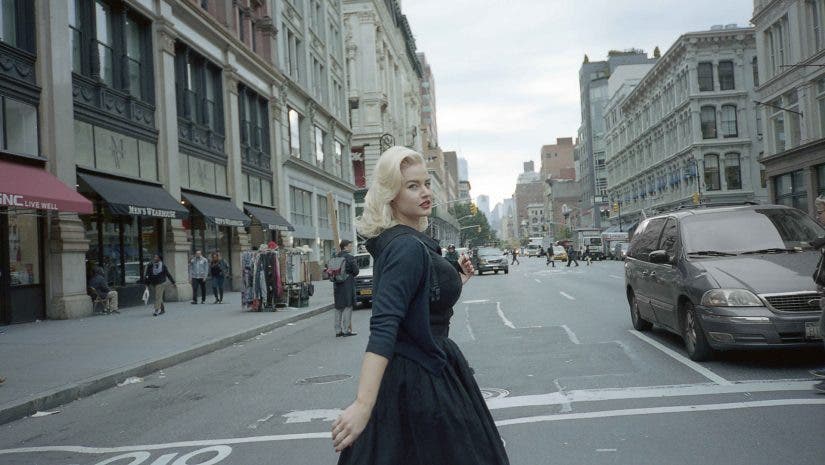
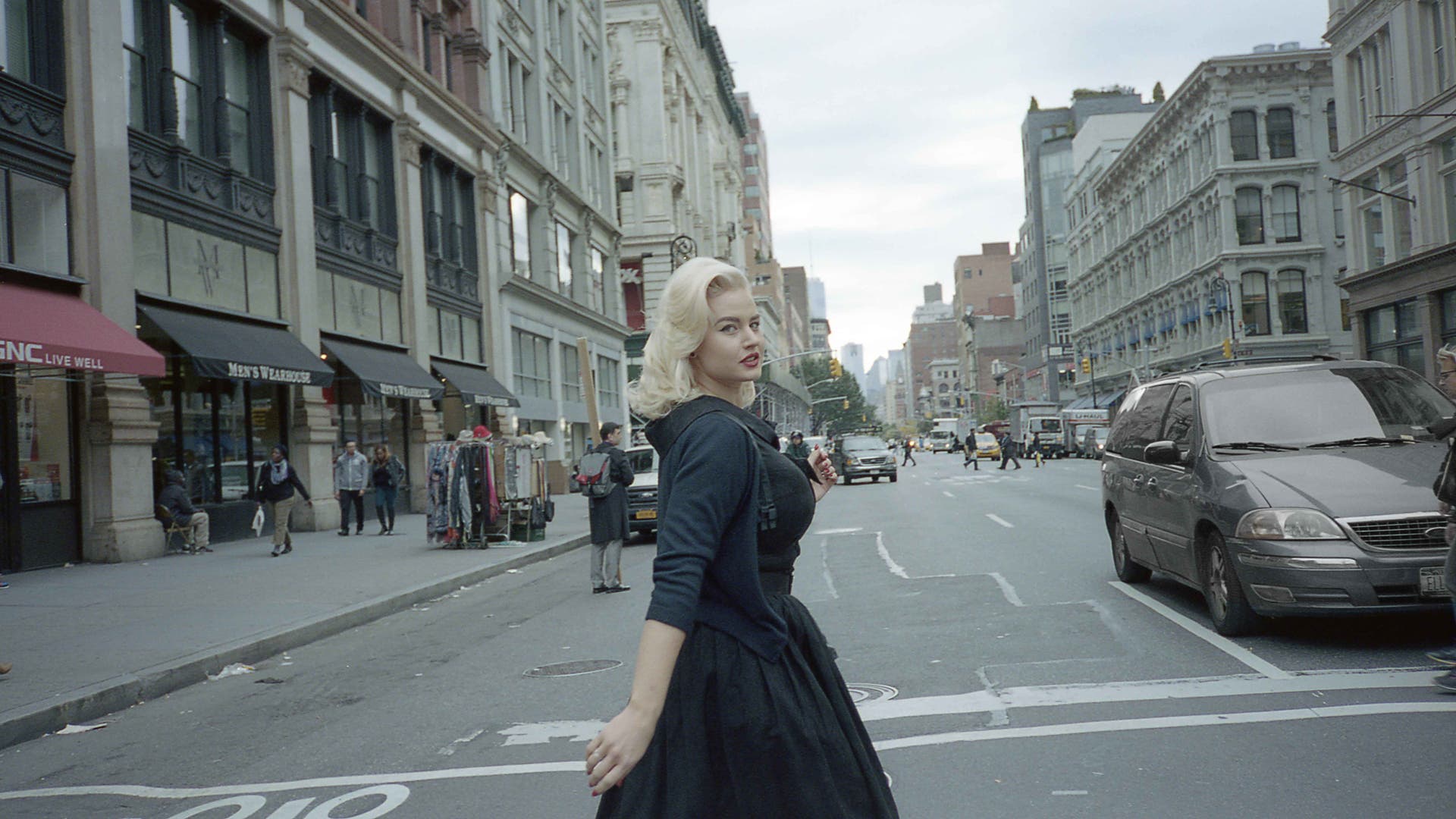
_0.jpg)
_0.jpg)
_0.jpg)
_0.jpg)
_0.jpg)
_0.jpg)
.jpg)
.jpg)
.jpg)
.jpg)
.jpg)
.jpg)
_0.jpg)
_0.jpg)
